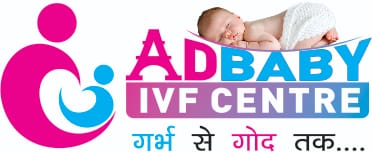AdBaby IVF Centre’s embryo donor program is available to individuals and couples where there is both male and female medical infertility.
Your decision to use donated embryos is extremely important, and for this reason we aim to provide you with as much information as you require. Our fertility nurses are available to discuss any questions you may have about our Embryo Donor Program.
Who requires donor embryos?
The use of donated embryos may be considered in cases of untreatable infertility that involves both partners, untreatable infertility in a single donor embryo recipient, recurrent pregnancy loss thought to be related to the embryo, and genetic disorders affecting one or both of the partners.Who can be an embryo donor?
Individuals and couples of all ethnic, cultural and religious backgrounds can become embryo donors. This includes individuals and couples of all different heights, shapes and sizes, as long as they meet these prerequisites:- The embryo donor must be 23-35 and the sperm donor must be 21-55 with at least one child (minimum 3 years old).
- Donors must be in good health, with no history of hereditary disease. Donors will not be accepted if they suffer from an illness, disease or genetic condition that poses an unacceptable risk of being passed on to any child conceived from the donation.
- Clinic recruited donors must have a permanent address and be contactable for follow-up screening. They must be able to provide three identifiers and proof of a permanent address, e.g. driver’s licence, photo ID and passport

